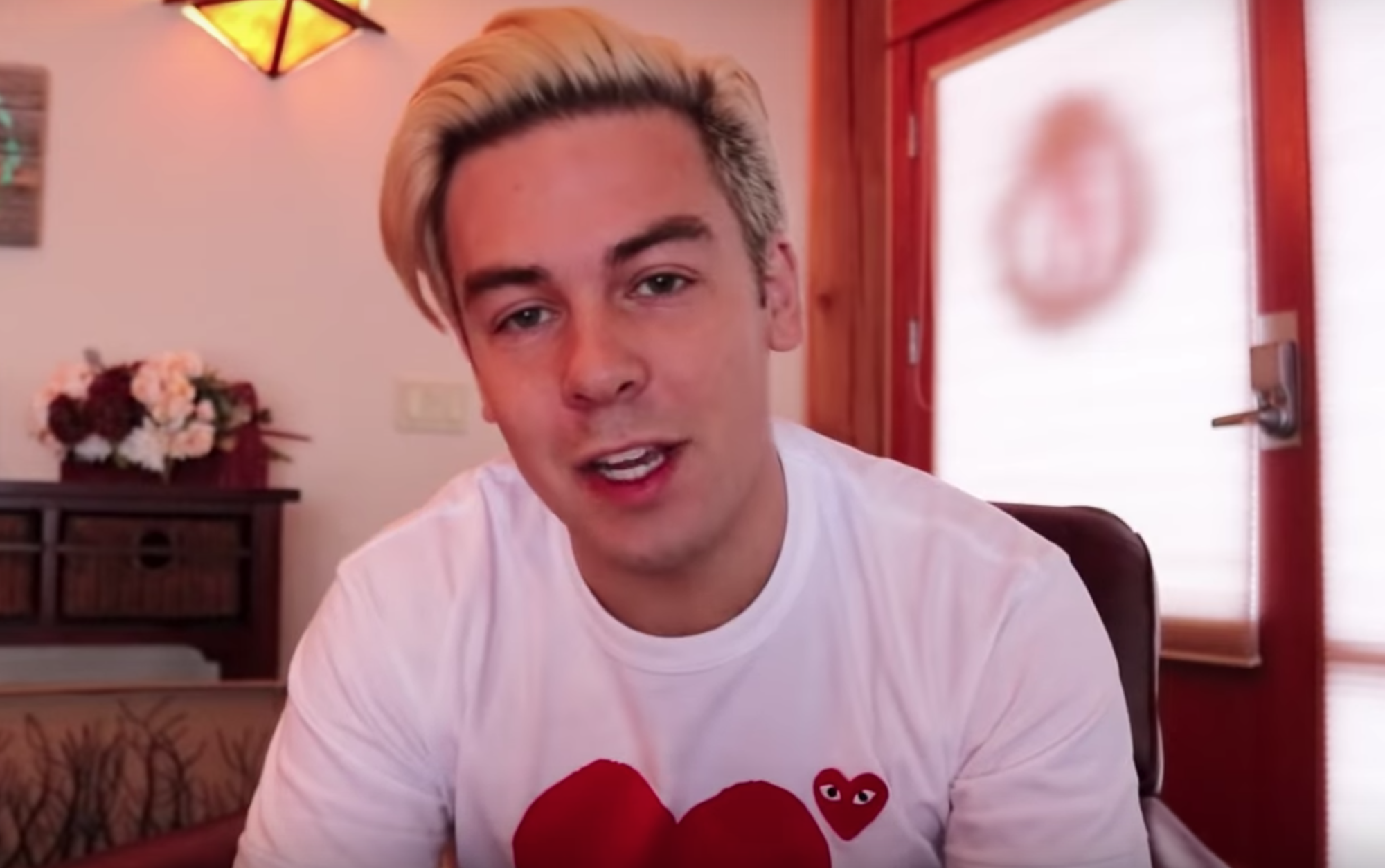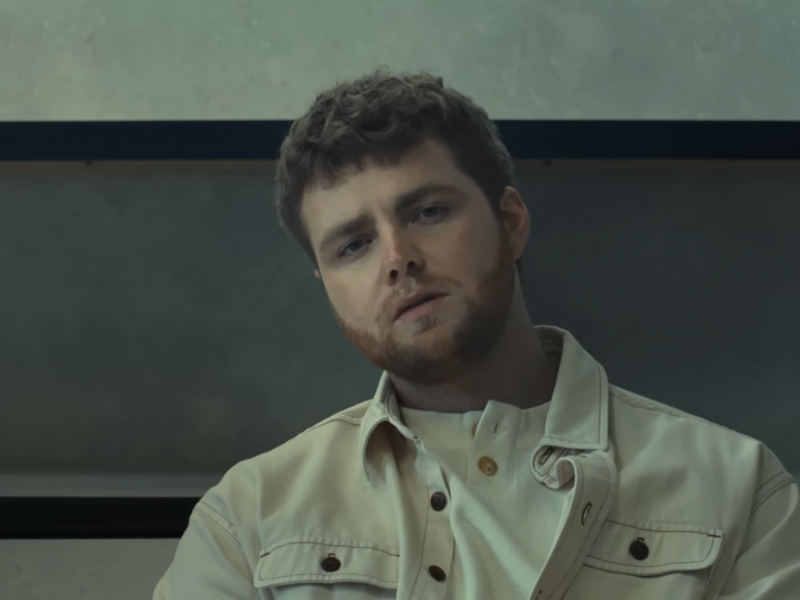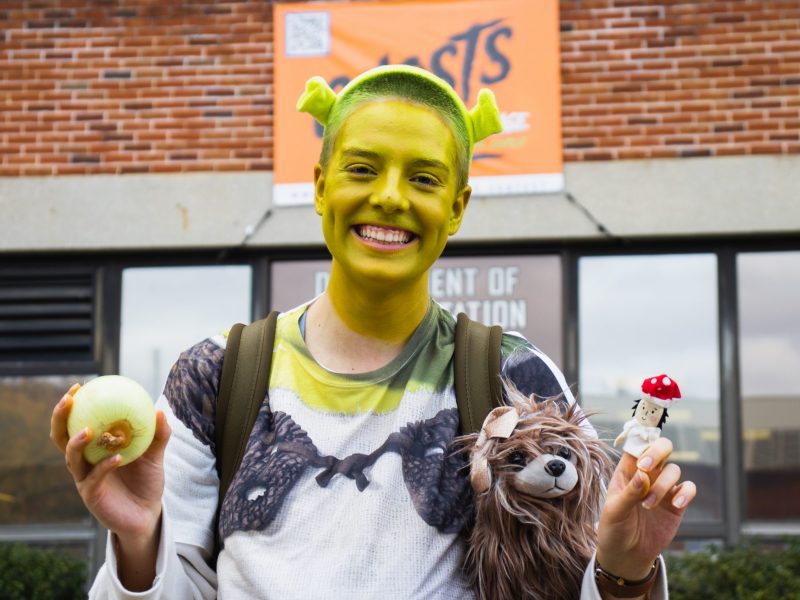Recently, a 1971 Playboy interview with Western movie legend and unabashed racist John Wayne, in which he said he “believes in white supremacy,” re-revealed his views on race and sexuality.
Naturally, an American icon saying something so flagrantly offensive has been a big point of discussion on social media. Who would have thought the darling of a film genre focused on dehumanizing Native Americans as entertainment would shock us with such views?
But the more interesting point this discussion has brought up is the question of what cancel culture applies to. John Wayne has been dead for almost 40 years and isn’t around to give a half-baked Instagram apology from the notes app on his iPhone. People are understandably upset, but what is there to be done with this outrage? Boycott his films? His legacy? Neither seem to be particularly relevant in today’s age.
This inquiry might be more productive if we look at a similar scandal that has occurred recently, with a figure that has the ability to respond to criticisms, and in turn, reveal their character.
Cody Ko, a Vine star-turned-Youtube-commentator has over 2 million subscribers on his main channel and over 1 million on Twitter. He’s currently on a nationwide live tour with his comedy partner Noel Miller for their popular podcast, Tiny Meat Gang. His content focuses on providing a dry, sarcastic perspective on internet and youth culture, viral videos, and acting as a sort of anti-Youtuber amongst the hundreds of chipper vloggers and content creators on the platform.
Cody’s channel is extremely popular, especially among college students. One video, titled THAT’S CRINGE: Vape Hotbox has over 6 million views and has spawned multiple memes referring to Cody and Noel’s comments (I hear jokes about “100 nic” around campus frequently).
Earlier this week, videos from Cody’s Vine days resurfaced on Twitter. In one, he sings along to a rap song, while saying the n-word. In another video, he glares at an Asian woman on public transportation and mockingly says “Gangnam Style” in reference to the viral Korean song by Psy. If you look at the initial reactions to the tweets, most people are in disbelief. Cody’s humor never was the kind to rely on cheap racial gaffes and stereotypes like so many of his peers from the Vine era, so to see an “unproblematic fave” turn out to be so… problematic was disheartening to many.
But are these videos proof of Cody being “problematic”? The Vines in question are from early this decade. Can we say that a six-second video of him in his early twenties is enough for him to earn that label? How do we determine the parameters of being “‘problematic,”and more importantly, what do you do when someone you support seems to have been effectively “canceled”?
[Read more: Why I’ve decided to formally cancel Nicki Minaj]
A huge aspect of “canceling” someone includes the apology, which is, for many, a small shot at redemption. Cody took to his Patreon, a paid-access platform, to post a brief statement about the videos. The apology was free to view, but many Twitter users were confused that he posted it on one of his least-viewed social media accounts.
Cody claims he’s sorry for alienating anyone, and that he regrets the ignorant videos. Even the comments on the post are divided, with some viewers telling Cody the video is not a reflection of who he is and that he is forgiven, and others stating their disappointment with his actions.
Living in an increasingly online age means your mistakes, blips and lapses in judgement are permanently recorded, screenshotted and archived to anyone’s and everyone’s devices. It is this permanence that makes it so difficult to figure out what we can forgive and what we can ignore. Especially for internet personalities, whose entire livelihoods are posting on the internet, these “stupid mistakes” from the past can mean losing subscribers, sponsorships, brand deals and their long-time fans.
Ultimately, it seems, like many things in this unfair world, the viewer’s proximity to privilege determines their final say on the character in question. Is Cody Ko a racist? Should people “cancel” him?
If you’re not being personally smeared or mocked by Ko’s comments, you have a lot less to be upset or conflicted about when determining if he is someone you will continue supporting. But I can certainly speak for many in saying that anything he says or produces in response to this will certainly be tainted by feeling just a little bit betrayed.



